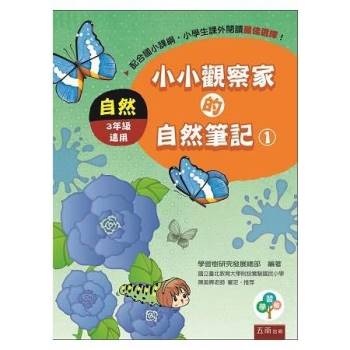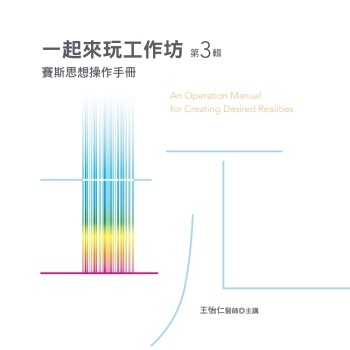Offering a rarely seen glimpse into the realities of one of the biggest global public health crises in modern time, Wang’s book focuses on doctor-patient interactions in China to demonstrate the potential effects of health communication, doctor-patient relationship, and a matrix of social factors on overprescription of antibiotics.
Based on a community-based survey, the book describes empirical findings regarding the high prevalence of non-prescribed antibiotics use for common colds among children in China. It covers the potential effects of overprescription on caregivers’ attitudes and how physicians make prescribing decisions in medical consultations. Drawing from evidence in medical interaction data, readers are introduced to further empirical findings regarding the communicative behaviors that patient caregivers use to pressure for antibiotic prescriptions in real medical consultations. Following this, Wang reports findings regarding the communicative behaviors that physicians use to make treatment recommendations and caregivers use to launch treatment negotiations, leading to a discussion of the effect of the doctor-patient relationship on antibiotic overprescription. The book culminates in practice recommendations and provides teaching scenarios in which physicians successfully engage the caregivers into conversations to shape their expectations for antibiotic prescriptions in medical consultations.
An important resource for scholars and students in health communication, linguistics, medical humanities, and medical sociology. Practitioners who are interested in understanding and improving clinical practices as well as policymakers aiming to combat antibiotic resistance will also find this book useful.












